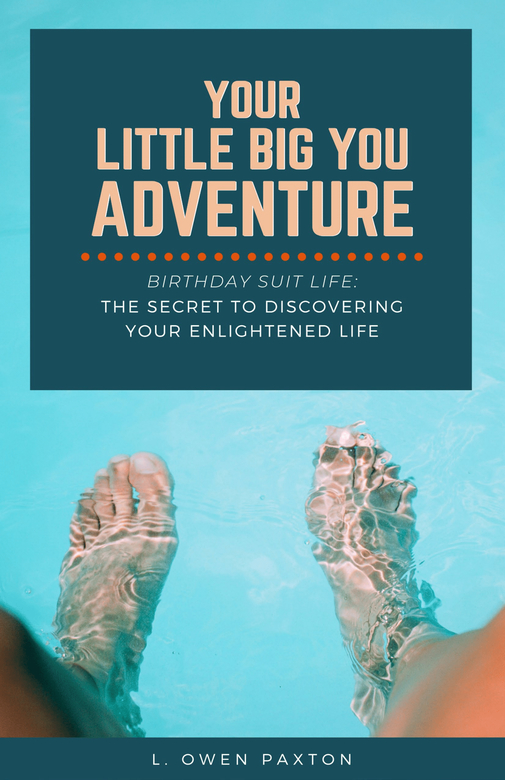
Author L. Owen Paxton delivers an uplifting and invigorating map for personal progress with Your Little Big You Adventure: The Secret to Discovering Your Enlightened Life. Drawing on ancient wisdom, philosophical traditions, and modern revelations regarding human psychology, this book encourages readers to live in their true identity by shifting their perspective to uncover their full potential.
Where this book veers away from traditional discussions about “enlightenment” is that it focuses on the enlightened self that already exists within each of us – our inner child, our most innocent self, our playful id. The idea is that within our unchanging core lies an enlightened spark, our true identity, something we can re-engage through intentional practice and self-awareness.
The author then defines our outer identity and inner identities, and the subtle nuances of conscious and unconscious identity we possess, which he conveys in accessible and relatable ways, often through personal anecdotes and clever metaphors that are easy to understand. Peppered with profound and timely quotes from legendary authors, athletes, thinkers, and other travelers on the road to enlightenment, the prose makes for a relaxing read, without ever coming off like a lecture or a rigid rulebook.
Perhaps more importantly, Paxton deeply explores psychological issues, such as the identification and separation of the ego, through whimsical thought experiments, such as being an astronaut. Being able to organically incorporate and touch on so many different realms – mathematics, theoretical physics, humanities, metabolic pathways, history, psychology, religion, and more – gives the author ever-increasing credibility as the book progresses. Where the writing shines most is in its honesty about the difficulty one can face in seeking out the true self – the obstacles, wrong turns, and frustrations such a journey will inevitably contain. Too many works of self-help simplify the lifelong process of self-discovery, but Paxton owns and accepts this implicit challenge.
Not that such self-help or personal improvement books are meant to give readers all the answers, but there are some big questions left hanging, such self-directed questions suggest ongoing work and thought for readers, without the author having to take a firm stance on direct advice and guidance. Some of the more seemingly profound nuggets, upon reflection, are closer to vague platitudes or aphorisms, self-evidenced bits of self-help jargon that don’t feel nearly as original as many of Paxton’s other ideas.
On a technical level, there are few grammatical errors to note, evidence of a keen-eyed editor, though some of the formatting and font variations can feel distracting, as though a lot of different thought streams were cut-and-pasted together. However, the prose is too simplistic at times, such as when explaining concepts like “earth suits” and the “eye that sees everything.” Writing in a manner that is broadly accessible is one thing, but some of the redundancy in ideas and examples can feel heavy-handed or even patronizing.
Those critiques aside, this is ultimately an insightful work of self-help, one founded in compassion, patience, and a genuine interest to guide others towards their personal peak, whatever that may be.
Book Links
STAR RATING
Design
Content
Editing
Get an Editorial Review | Get Amazon Sales & Reviews | Get Edited | Get Beta Readers | Enter the SPR Book Awards | Other Marketing Services























Leave A Comment